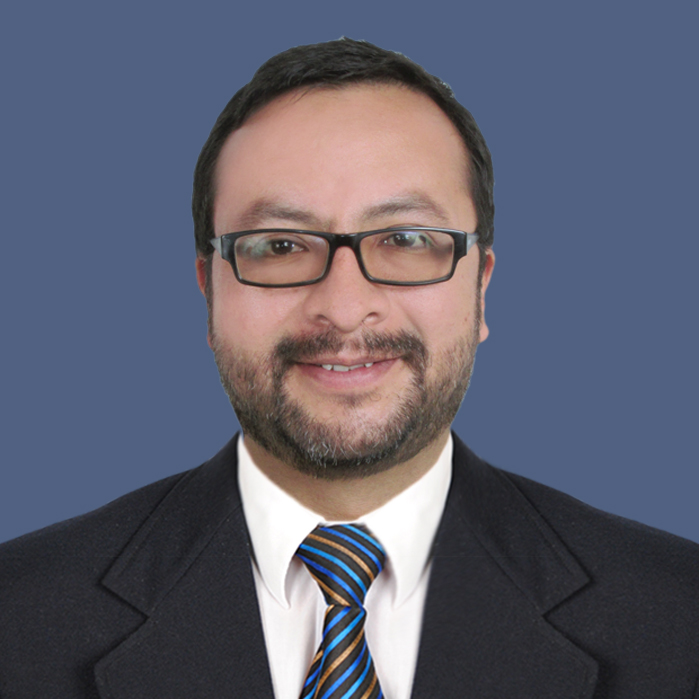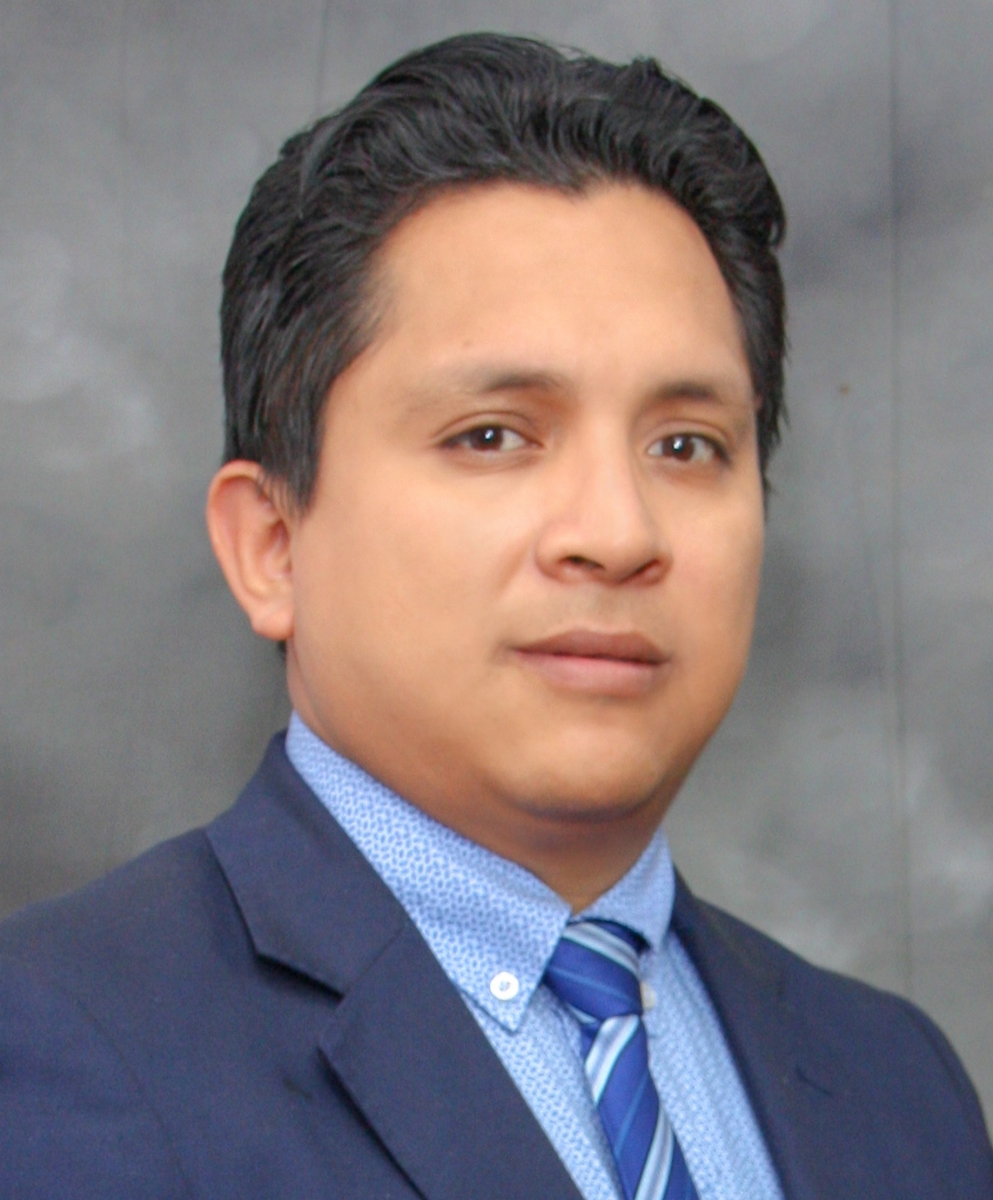NIA Supplement Fellows
National Institute of Aging (NIA) funds fellows to conduct research on early detection of Alzheimer’s disease in Peru

The neurodegenerative diseases of the brain (NDDB) are among the most devastating diseases worldwide, affecting over 36 million individuals globally with a prevalence that is expected to double every 20 years if effective interventions are not implemented. There is a need for research efforts focused on early detection of cognitive disorders, to mitigate the impact of these diseases. In lower- and middle-income countries (LMICs), the societal impact of these diseases is expected to be greater than in prosperous countries owing largely to the high burden of social determinants of health in LMICs compared to prosperous countries. In Latin America, patients with Alzheimer’s disease (AD) most often go unrecognized, are misdiagnosed, or are diagnosed very late. Two important reasons for this are the lack of physicians appropriately trained in the gold standard neurological evaluation of patients with cognitive impairment, and the lack of sensitive and specific cognitive tests that can reliably detect early signs of cognitive impairment due to AD in Latin Americans of different sociodemographic backgrounds.
Two fellows funded by a supplement from the National Institute of Aging are being jointly supported by the UCSF Global Brain Health Institute (GBHI) and the GloCal Health Fellowship to address this gap in Peru. Peruvians Dr. Miguel Sanchez and Dr. Willyams Reynoso will spend three months at GBHI participating in the Atlantic Fellows for Equity in Brain Health program and receiving training in the gold standard diagnostic evaluation of patients with NDDB. During this time, they will also collaborate with investigators at UCSF to adapt the Spanish version of the Tablet-Based Cognitive Assessment Tool (TabCAT) for the cultural and linguistic contexts of Arequipa and Lima, Peru. Drs. Sánchez and Reynoso will subsequently return to Peru where their GloCal research will involve validating the adapted TabCAT in their communities in older adults (age ≥ 55 years) with only 3 to 6 years of education, who have normal cognition or Mild Cognitive Impairment (MCI) due to probable AD. They will use the UCSF neurological evaluation and diagnostic approach as the gold standard for comparison. The goal is for the validated screening tool to be ultimately scaled up in the healthcare environment.
Miguel Sánchez, Clínica San Pablo – Arequipa
 Miguel D. Sánchez, MD, is a graduate of the Universidad Peruana Cayetano Heredia (UPCH) psychiatry residency program. He received his MD from Universidad Nacional de San Agustín in Arequipa, Peru (UNSA). As a medical surgeon, he worked as a community partner of the United States Peace Corps in the province of Andaray. As a psychiatrist in the emergency department of the National Institute of Mental Health in Lima, he has dedicated himself to both the clinical field and university teaching. He has also participated in various postings in the mental health field in Peru and has published in several indexed journals. He is currently focused on the early diagnosis, treatment and investigation of neurodegenerative diseases, especially Alzheimer’s disease (AD).
Miguel D. Sánchez, MD, is a graduate of the Universidad Peruana Cayetano Heredia (UPCH) psychiatry residency program. He received his MD from Universidad Nacional de San Agustín in Arequipa, Peru (UNSA). As a medical surgeon, he worked as a community partner of the United States Peace Corps in the province of Andaray. As a psychiatrist in the emergency department of the National Institute of Mental Health in Lima, he has dedicated himself to both the clinical field and university teaching. He has also participated in various postings in the mental health field in Peru and has published in several indexed journals. He is currently focused on the early diagnosis, treatment and investigation of neurodegenerative diseases, especially Alzheimer’s disease (AD).
Project
Validation of the Tablet-Based Cognitive Assessment Tool (TabCAT) in older adults with little schooling who have normal cognition or Mild Cognitive Impairment (MCI) due to probable AD in Arequipa
Mentors: Serggio Lanata, MD (UCSF Memory and Aging Center), Marcio Soto Añari (Universidad Católica San Pablo – Arequipa), Victor Valcour, MD, PhD (UCSF Global Brain Health Institute)
Willyams Reynoso, Instituto Peruano de Neurociencias (IPN) – Lima
 Willyams Reynoso Guzmán, MD, received his training at the Latin American School of Medicine in Cuba, He then completed his medical specialty in Clinical Neurology at the Hermanos Ameijeiras Surgical Clinical Hospital, Faculty of Medical Sciences in Havana, Cuba. Dr. Guzmán currently works in Lima, Peru as an assistant neurologist and researcher at the Peruvian Institute of Neuroscience (IPN). His clinical practice focuses on neurodegenerative diseases of the brain and other cognitive disorders. He also contributes as a medical reviewer to the Peruvian Journal of Neuropsychiatry. In addition, he performs social work through medical brigades, helping the needy in Peru and other parts of Latin America. Dr. Reynoso is interested in identifying cognitive assessment tools to use with older adults with low literacy living in socio-demographically different cities in Peru.
Willyams Reynoso Guzmán, MD, received his training at the Latin American School of Medicine in Cuba, He then completed his medical specialty in Clinical Neurology at the Hermanos Ameijeiras Surgical Clinical Hospital, Faculty of Medical Sciences in Havana, Cuba. Dr. Guzmán currently works in Lima, Peru as an assistant neurologist and researcher at the Peruvian Institute of Neuroscience (IPN). His clinical practice focuses on neurodegenerative diseases of the brain and other cognitive disorders. He also contributes as a medical reviewer to the Peruvian Journal of Neuropsychiatry. In addition, he performs social work through medical brigades, helping the needy in Peru and other parts of Latin America. Dr. Reynoso is interested in identifying cognitive assessment tools to use with older adults with low literacy living in socio-demographically different cities in Peru.
Project
Validation of the Tablet-Based Cognitive Assessment Tool (TabCAT) in older adults with normal cognition or MCI due to probable AD, who have a low educational level and live in Lima
Mentors: Serggio Lanata, MD (UCSF Memory and Aging Center), Nilton Custodio, MD, PhD (Instituto Peruano de Neurociencias (IPN)), Victor Valcour, MD, PhD (UCSF Global Brain Health Institute)
